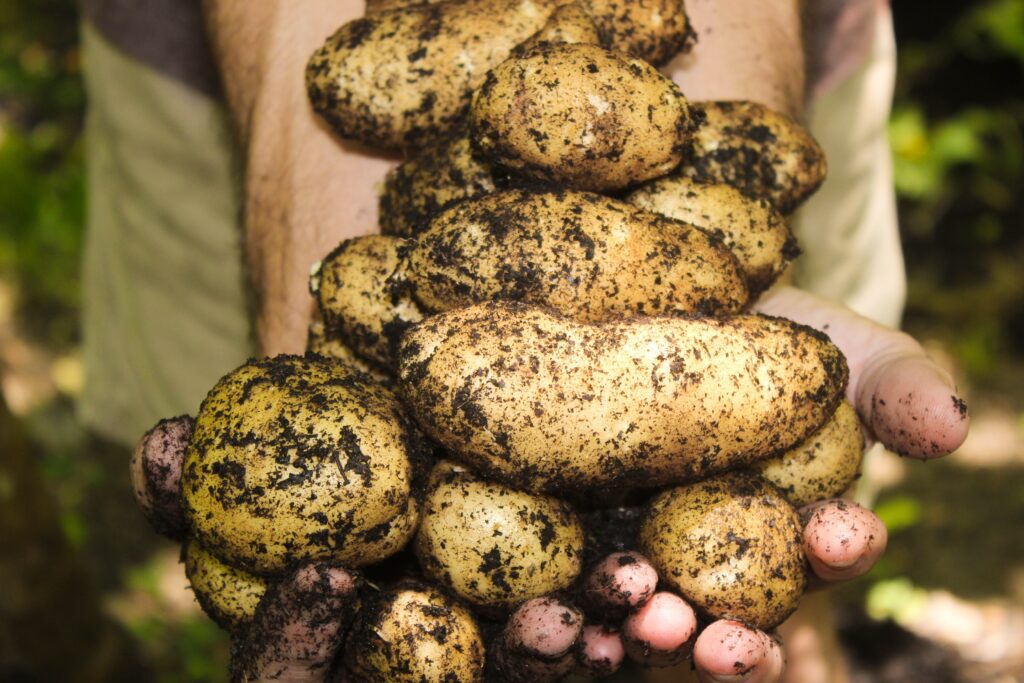Improving the quality of your soil is essential for a healthy and productive garden. A well-nurtured soil will not only provide the necessary nourishment for your plants to thrive, but it will also improve the overall appearance of your garden. Here are some ways to improve the quality of your soil:

Add organic matter such as compost, rotted leaves, or manure. Organic matter helps to improve water retention, aeration, and nutrient availability. It also encourages the growth of beneficial microorganisms that play a crucial role in soil health. Not only will your plants benefit from the added nutrients, but you'll also be cutting down on waste by using materials that would have otherwise ended up in the landfill.
Test the pH level of your soil to determine if it is too acidic or too alkaline for your plants and adjust the pH level with lime or sulfur as needed. The pH level is crucial for your plants to be able to absorb the necessary nutrients for growth. By testing your soil's pH level, you'll be able to ensure that your plants are getting what they need to thrive.
Use cover crops to improve soil structure and fertility, add organic matter, prevent erosion, and fix nitrogen. Some popular cover crops include clover, alfalfa, and winter wheat. Cover crops are a great way to improve soil health while also helping to protect your garden during the off-season. Not only do they improve soil structure and fertility, but they also help to prevent erosion and fix nitrogen in the soil, making it more fertile for your next season's crops.
Rotate crops to reduce the buildup of pests and diseases and depletion of nutrients in the soil. Crop rotation is a simple but effective way to keep your soil healthy. By rotating your crops, you'll be preventing the buildup of pests and diseases in the soil, as well as reducing the depletion of nutrients. This way, your soil will remain healthy and fertile for each new season of crops.
Mulch helps suppress weeds, retain moisture, and improve soil structure. A layer of mulch on top of your soil can help to suppress weeds, retain moisture, and improve soil structure over time. By using mulch, you'll be able to conserve water, reduce the need for frequent watering, and also keep your garden looking neat and tidy.
Proper watering is important for soil quality, avoid overwatering and underwatering. The right amount of water is essential for your plants to thrive. Overwatering can lead to poor drainage and oxygen deprivation, while underwatering can cause soil compaction. It is essential to find the right balance and to water your plants according to their specific needs.
Avoid the overuse of chemical fertilizers and pesticides that can damage soil structure and reduce soil fertility, instead use natural methods of pest control and fertilizer sparingly. Using chemical fertilizers and pesticides can have a negative impact on soil quality and the environment.
Instead, try using natural methods of pest control and fertilizer sparingly. This will ensure that your soil remains healthy and fertile for future seasons, while also protecting the environment. By following these tips, you can improve the quality of your soil and create a healthy and productive garden. Remember to be patient, as soil improvement takes time and be mindful of the balance in the ecosystem of your garden. Happy gardening!

